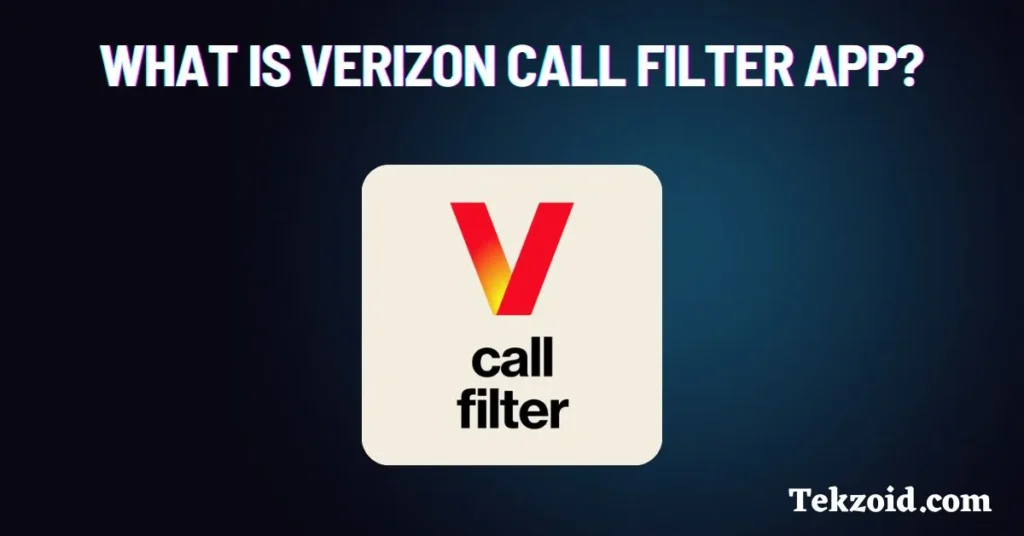Spam calls are one of the most annoying things about having a phone today. I get them almost daily, and most of the time they’re fake numbers or random telemarketers.
That’s why I wanted to look into Verizon Call Filter and see if it actually helps. I’m Rana, and I’m writing this based on my own research, testing the app on my phone, and checking Verizon’s official support pages.
So if you’re wondering whether you should use Verizon Call Filter, here’s everything you need to know.
Table of Contents
What is Verizon call filter App?

Call Filter is Verizon’s built-in spam blocking app. It’s usually pre-installed on newer devices, so if you’re a Verizon customer, you probably already have it without realizing it. Think of it as a gatekeeper that screens calls before they reach you.
It works by flagging suspicious numbers, blocking high-risk calls, and even letting you build your own block list. If you’re tired of spam calls interrupting you during work or family time, it can save you some frustration.
What does the app actually do?
Here’s the simple breakdown of what Verizon Call Filter offers in the free version:
- Flags suspicious calls with labels like “Spam Risk” or “Potential Fraud”
- Blocks known high-risk spam calls automatically
- Lets you report numbers so Verizon can improve their database
- Keeps a log of how many spam calls it caught
Now, if you pay for Call Filter Plus (about $3.99/month per line, or $10.99 for three or more lines), you get extra features:
- Caller ID, even for unknown numbers
- Your own personal block list
- Spam filters by category, like telemarketers or surveys
- A spam risk meter in real time
- Area-code blocking, up to 10 filters
For me, the free version works fine, but if you need detailed control, Plus might be worth it.
Is Verizon call filter free?
Yes, but with limits. The free version gives you basic protection. That means spam detection, auto-blocking for the worst offenders, and call logs.
If you want advanced Caller ID and filters, you’ll have to pay for Call Filter Plus. Personally, I don’t mind sticking with the free one. It’s enough to cut down on interruptions without another monthly bill.
How to turn it off?
Not everyone wants it. If you feel like the app is blocking too much or you just prefer another service like Truecaller, you can disable it.
On iPhone, open the Call Filter app, tap the gear icon, and turn off “Auto-block spam calls.” You can also just delete the app.
On Android, open the app, go into settings, and toggle off what you don’t want.
If Call Filter was auto-enabled on your line, go into the My Verizon app, look under “Add-ons,” and remove it. Just remember, if you remove it completely, spam calls will come back more often.
Who should actually use it?
This app is best if you:
- Get a lot of robocalls and want peace of mind
- don’t want to bother with third-party apps
- Like the idea of Verizon handling it in the background
But it’s not for everyone. Skip it if you already use something like Truecaller, or if you want more control without paying extra.
For me, it’s been a small but useful upgrade. Nothing fancy, but it helps me focus without random spam calls.
Video Guide:
Related FAQs
Does Verizon call filter work outside the us?
No, it’s for Verizon customers in the US only.
Does call filter block text messages?
No, it only works with phone calls. For texts, Verizon has separate spam protection.
Can I use call filter on prepaid plans?
Most features are for postpaid users. Prepaid support is limited